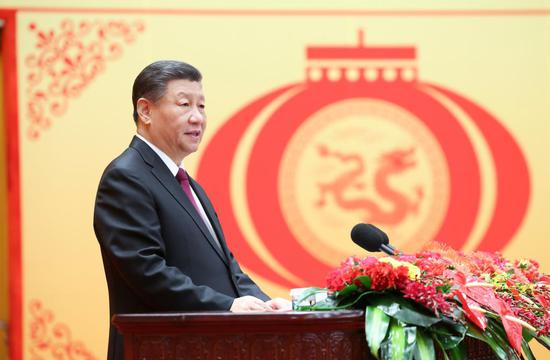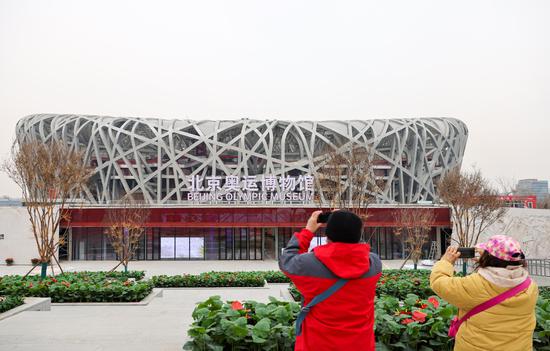A panel of distinguished experts called for an end to the unfounded criticism or "bashing" of China at a forum in London over the weekend, noting that the nation's economic ascent has spurred growth and opened up opportunities globally.
Speaking at the opening of the London School of Economics' 2024 LSE China Development Forum, Erik Solheim, former head of the United Nations Environment Programme, reflected on his initial visit to China in 1984 and drew comparisons to the present-day transformation of the country.
"It was a completely different place … China has made the most rapid development for the biggest amount of people at any point in human history, which is a miracle, and it should be appreciated by everyone," said Solheim. "Because it's not just for the Chinese. After all, it's good for the rest of us — a much bigger market, many more opportunities for jobs and growth and a better global system."
Solheim said that China's political system is deeply rooted in its long history, and urged Western audiences to cultivate curiosity about China, engage in dialogue with the nation, and navigate business competition with a spirit of mutual understanding.
"China is now so dominant in all green markets. 60 percent or more of the solar wind, hydropower, electric cars ... 95 percent of electric buses in the world are running on Chinese roads," he said.
"No one should blame China for this. This is a fantastic development for the world, but you need to manage this competition. You need to make sure that jobs are also created in Europe."
During the forum's economic session, jointly held by LSE China Development Society with Taihe Institute, a Beijing-based think tank, experts delved into China's complex economic situation, analyzing the economic headwinds that the country is facing while identifying new growth avenues in the wake of the pandemic.
Sun Yongfu, a senior fellow at TI and former official at the Ministry of Commerce, noted China's resilience in sustaining a commendable growth rate of 5.2 percent last year. In the search for new growth engines amidst internal and external challenges, Sun advocated focusing on high-tech economy and expanding trade diversification as strategic solutions.
Einar Tangen, a senior fellow with TI who has experience in investment banks and local government in the US, said global economic influence has been moving eastward and commended China's efforts in addressing its debt problems seriously by cutting costs and increasing productivity.
"I don't think that China has the kind of problems that are being used in the narrative against it," said Tangen, who is also the founder of the Asia Narratives media channel. "They have problems, but they are trying to work towards solutions whereas many countries around the world have nothing in sight."
Judith Shapiro, senior lecturer in practice in the Department of Economics at LSE, suggested China further develop its human resources to solve its current debt and aging demographic challenges.
"The whole world will lose if China doesn't make it. So it's very important to get this message across to everybody that bashing China is not good for us," said Shapiro.


















































 京公网安备 11010202009201号
京公网安备 11010202009201号